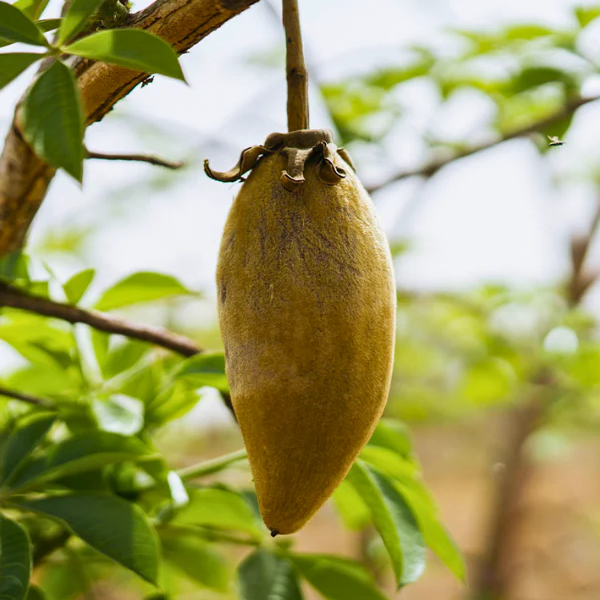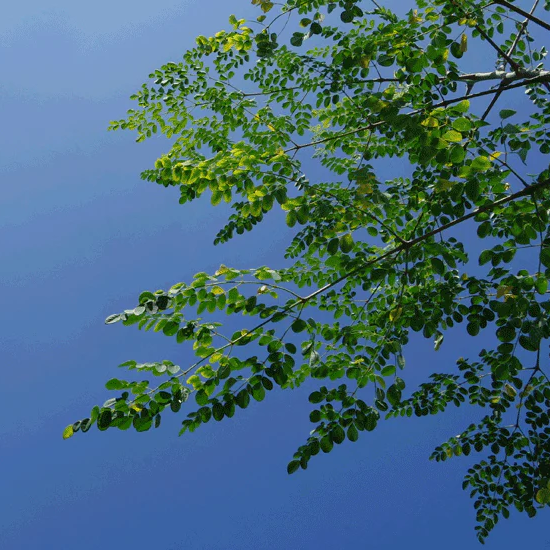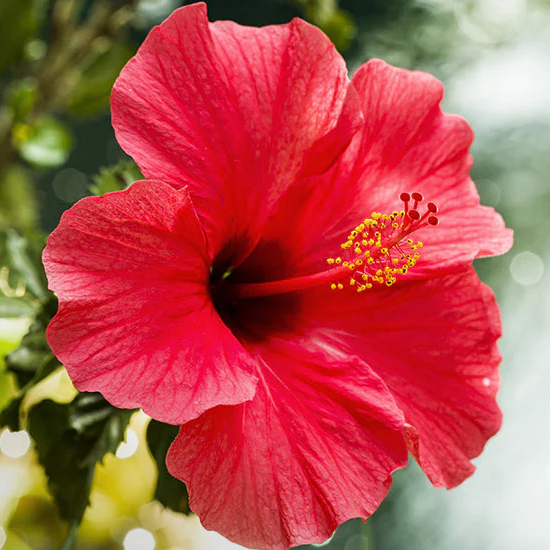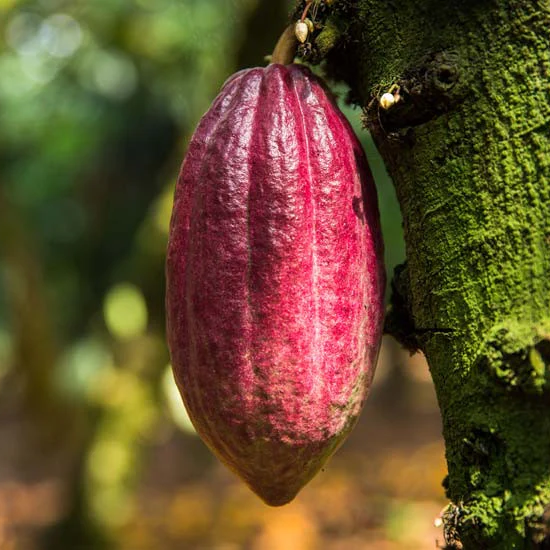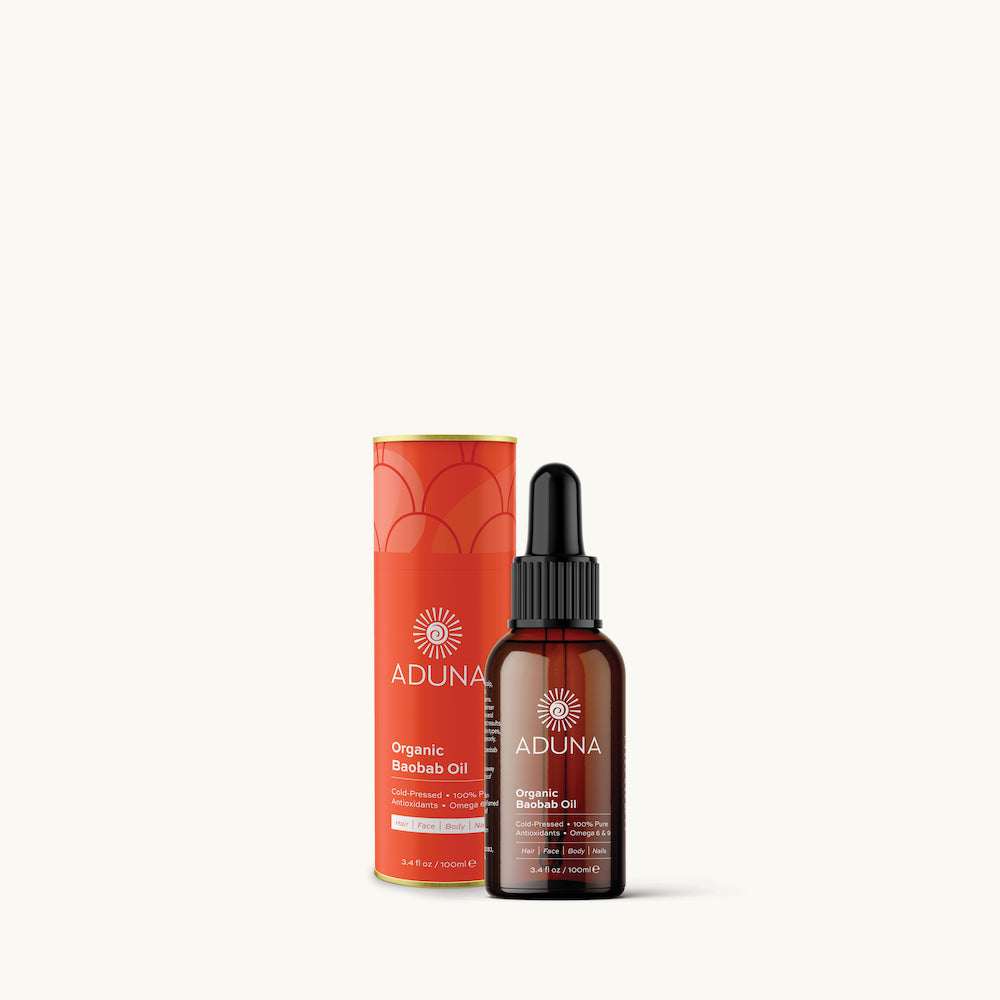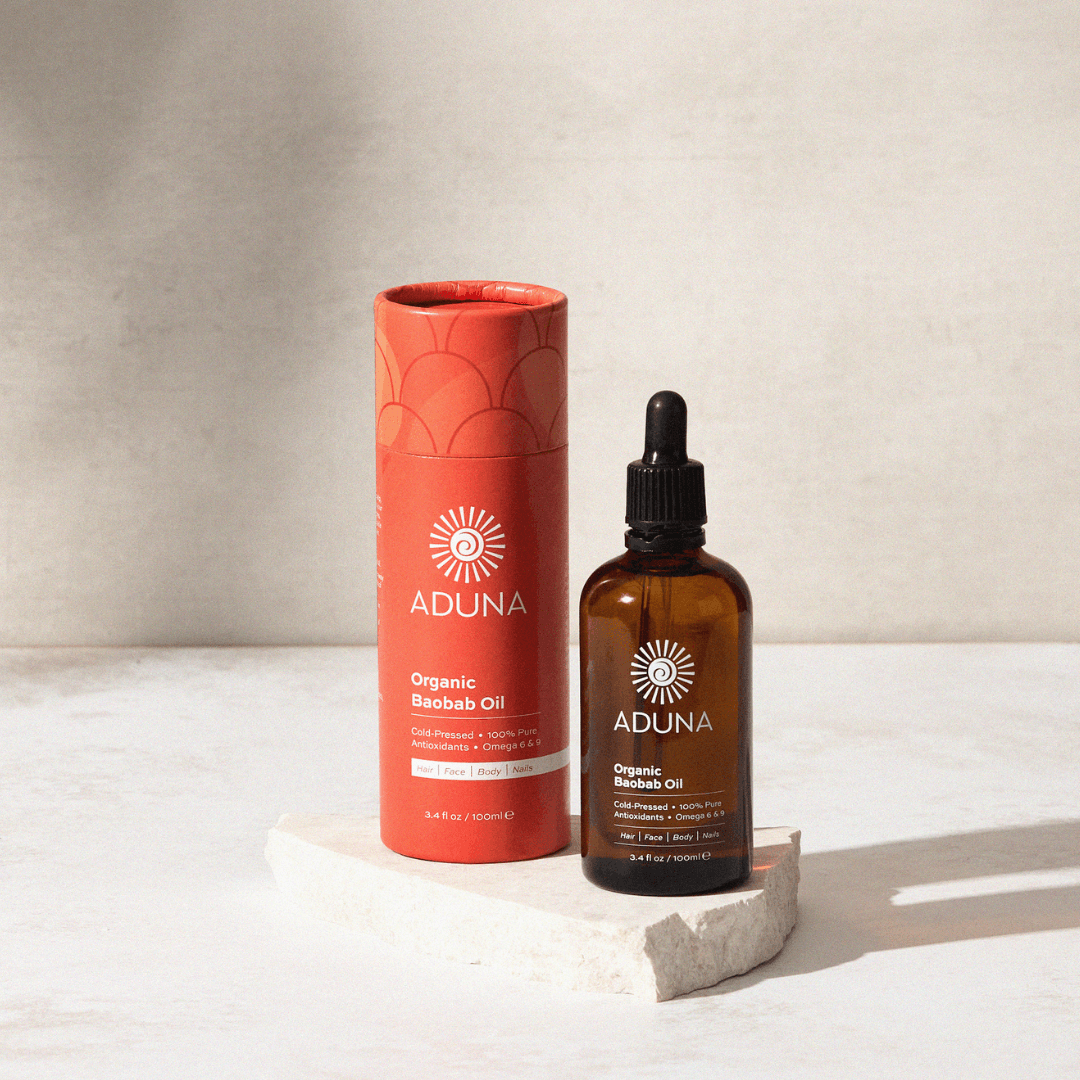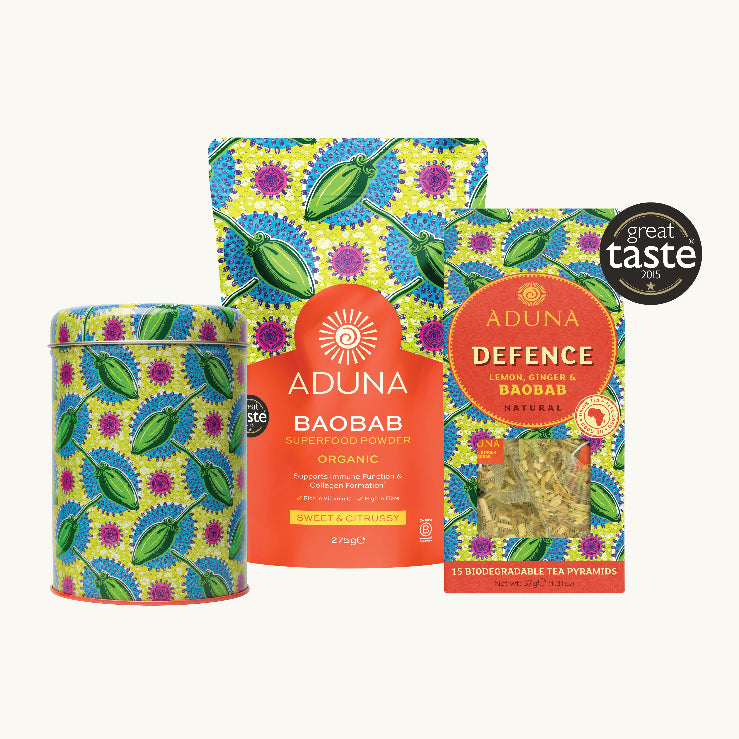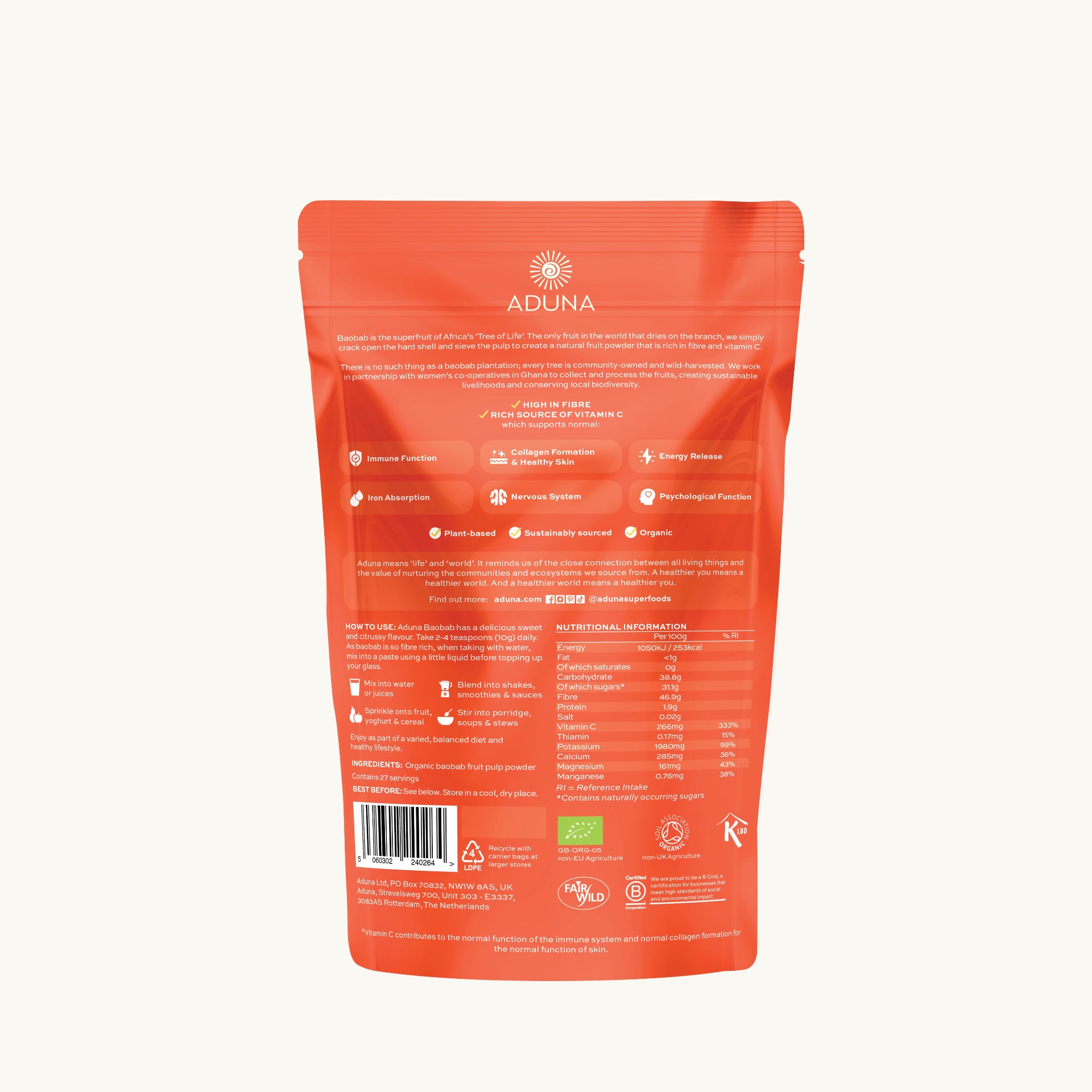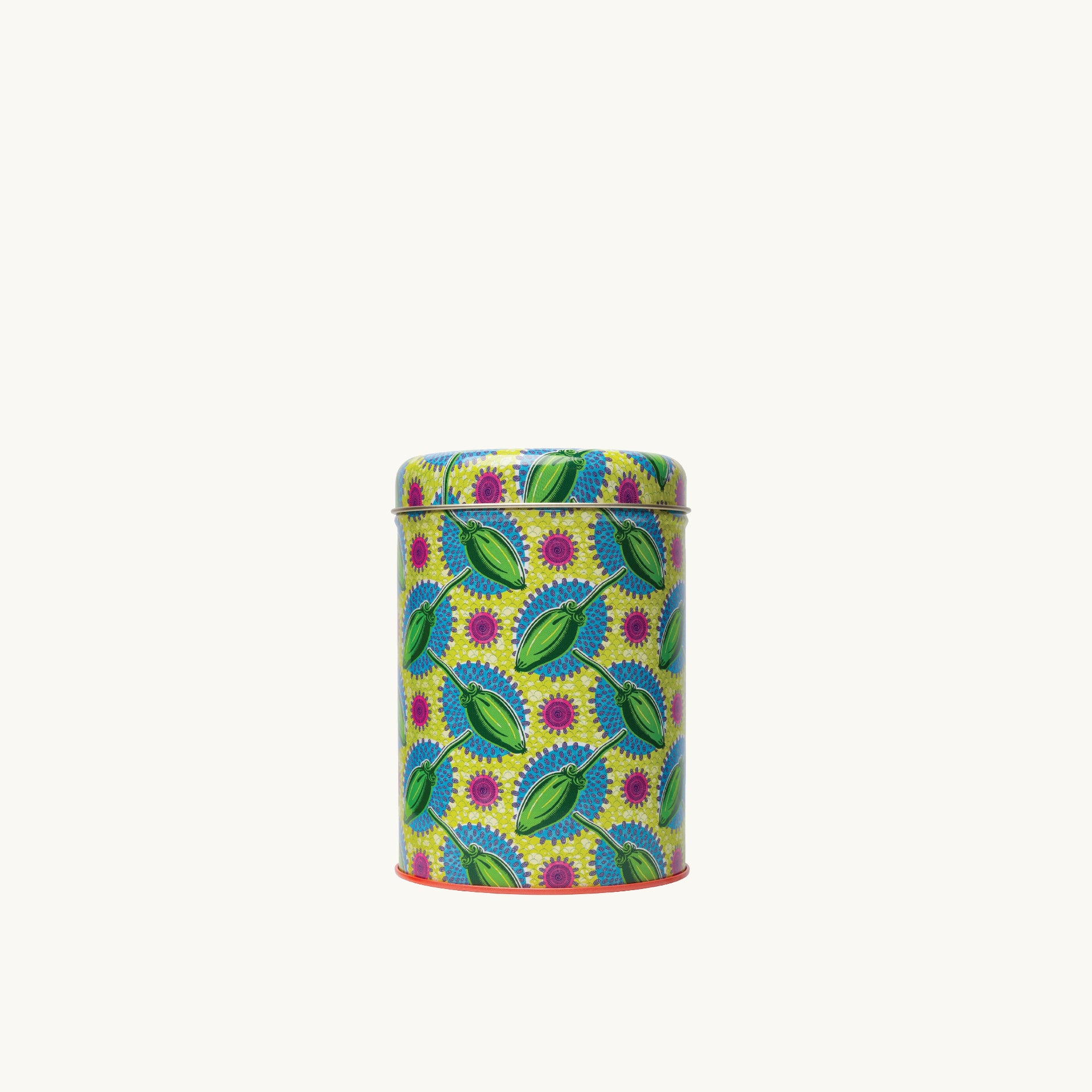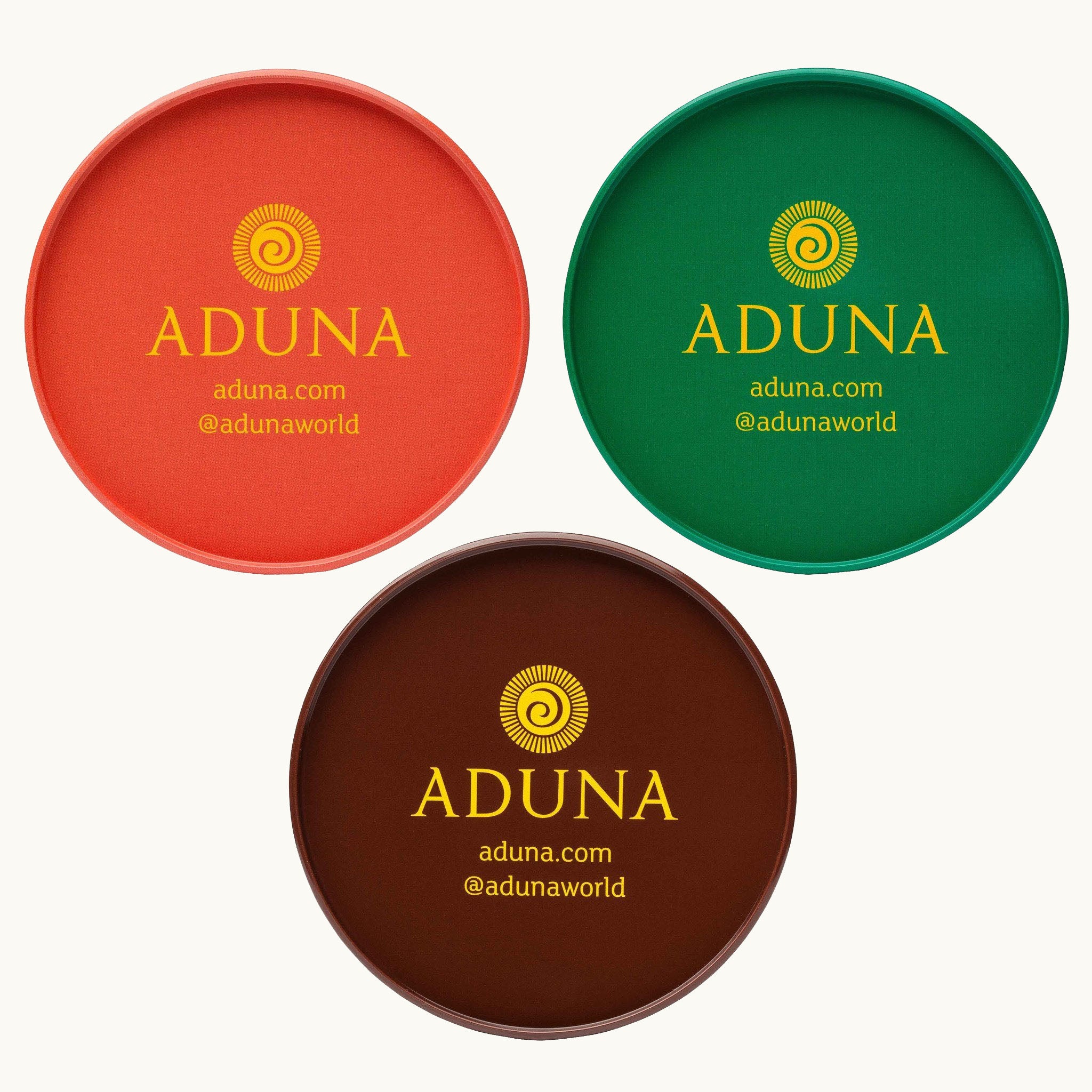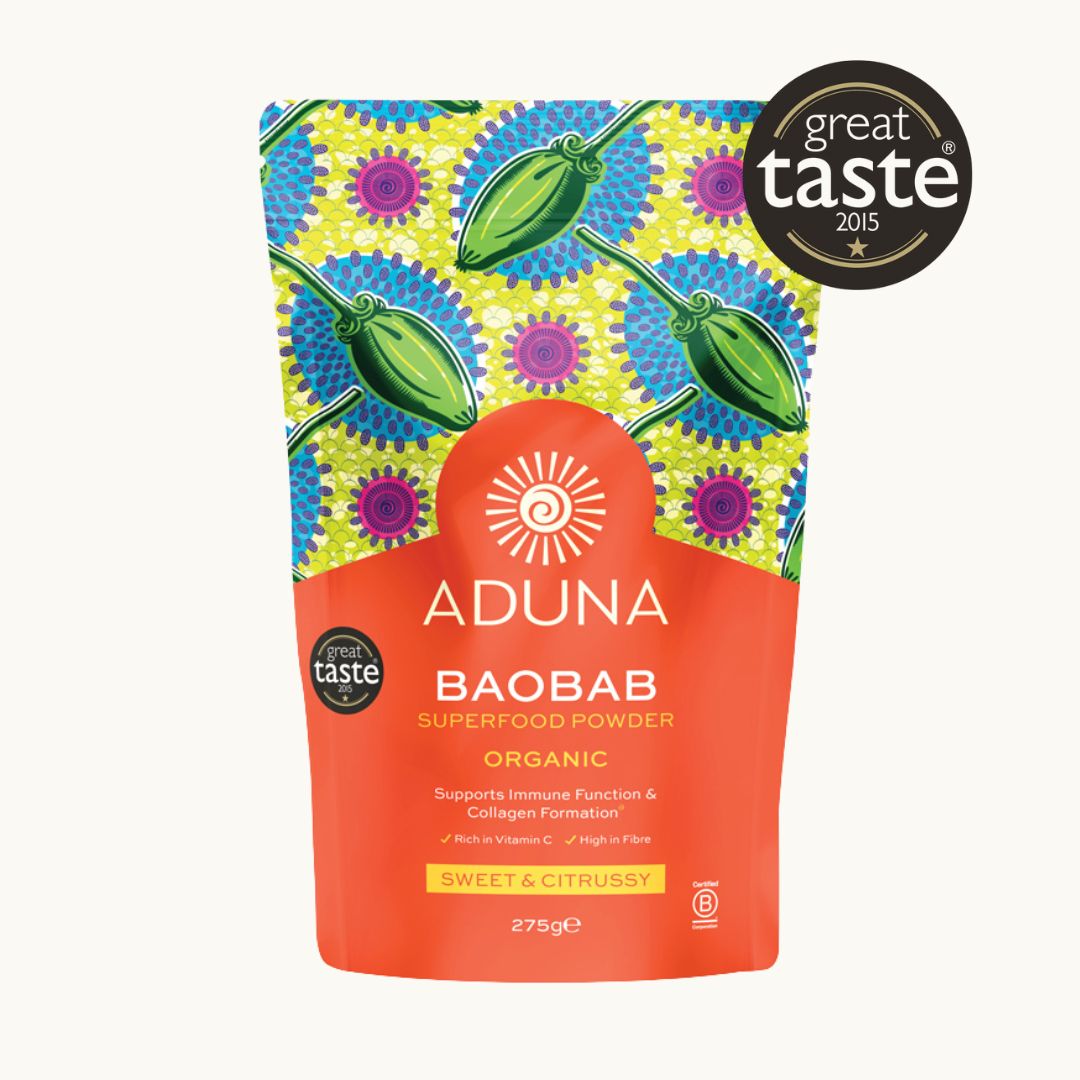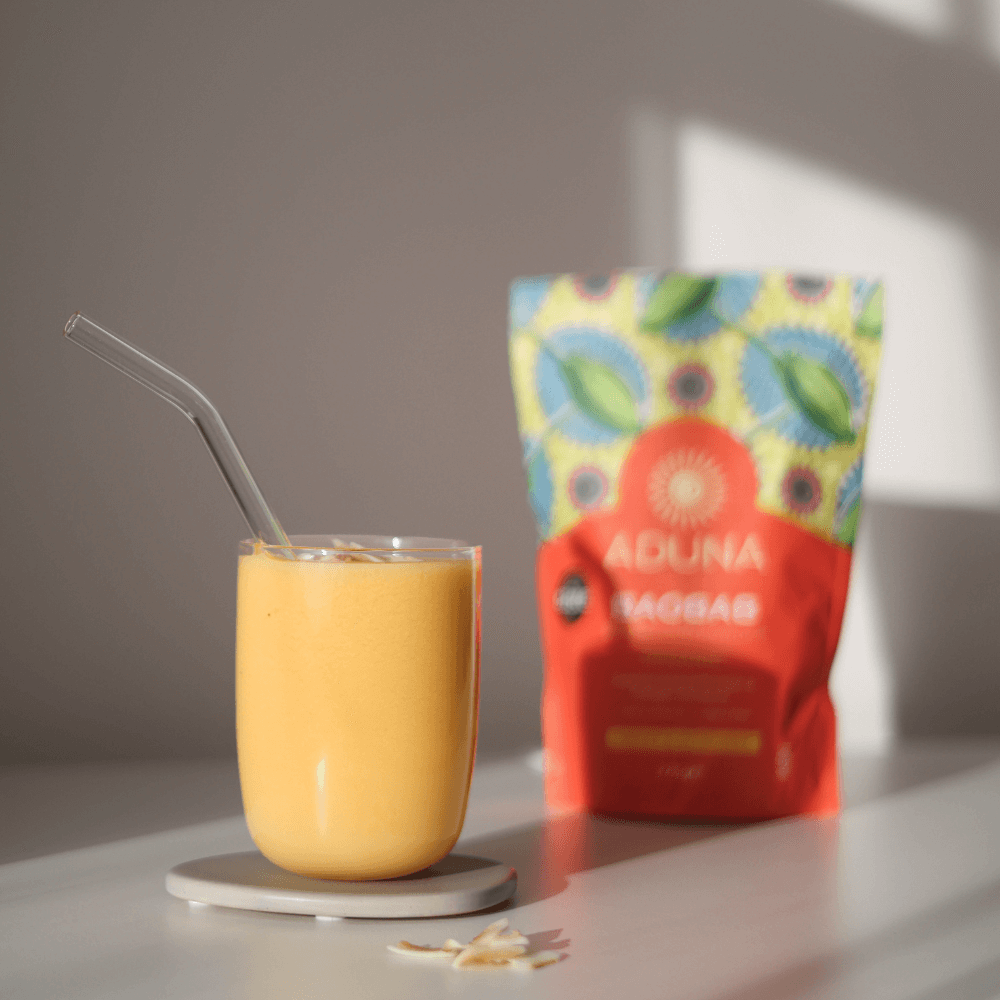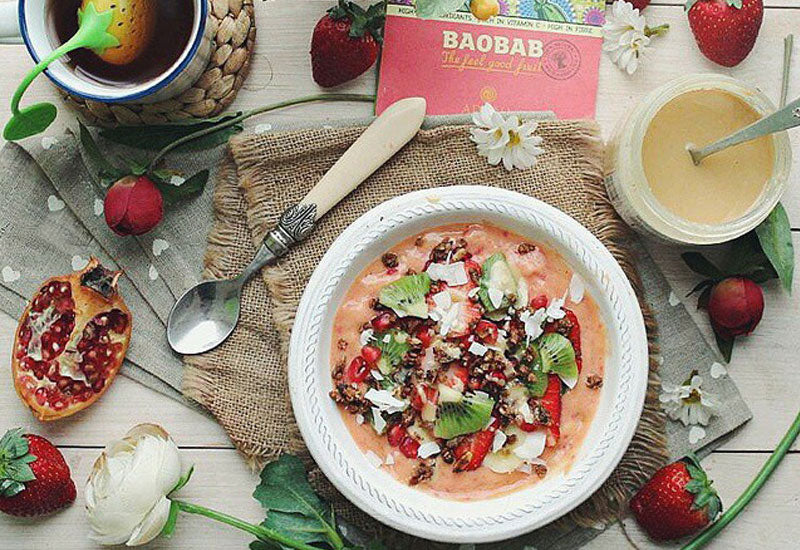Aduna brings African superfoods from village to shelf, creating sustainable livelihoods for producers. Through our baobab fruit supply chain, over 2,300 women in Upper East Ghana and Centre-Sud Burkina Faso are receiving sustainable incomes. Here is the story of one of these women, Weniamo Kwarayire.
Name: Weniamo Kwarayire
From: Pindaa Community, Upper East Region, Northern Ghana
Job: Baobab Producer
How many people in your household?
In my household there are 9 people. Myself and my husband, our four children aged 5, 12, 14 and 17 years, my grandmother of 67 years, my husband’s younger brother who is 17 and my sisters’ daughter who is 5. A lot of people to provide for! We live in Pindaa community and we share our home with two other households.
What was life like before you started working for Aduna?
In the wet season I can harvest shea nuts and tamarind but yields from farming are not good due to bad soils and climate change. During dry season there is no farming so I try to sell my baobab in the market across the border in Burkina Faso. I had to separate the powder from the fruit and seeds then spend a lot of time to get to the market and it’s very expensive to travel there. Then I would sell very little at very low prices. Mostly I would harvest fuel wood and sell it. I would move from tree to tree cutting fuel wood and then carry the wood to market on my head. The money was not good. I barely earned income – maybe GHS 50 (£9) a year only enough to buy a few ingredients and soap. I spent all the day in the bush and come home at night which meant I wasn’t able to do my house hold responsibilities.

Weniamo and her family
What is life like now you are part of the Aduna supply chain?
Now I am working with Aduna’s baobab project, I have work to do during the dry season. I sell my baobab fruits to Aduna and I work with them in the processing centre. I don’t have to pay transport cost to sell my fruit or chop and sell fire wood. I spend more time at home and I get paid more.
Last season, I earned GHS 700 (£131). I have used the money to pay my daughter’s school fees and to buy a bicycle for the two youngest children to travel 7km to attend primary school. If not the Baobab project, my children would not be able to go to school beyond primary level. Now my children are staying in school and I have resources during the hunger period to provide food for the family.
The project means I can support my husband to take care of the children. I can now take part in decision making since I can contribute resource for the house keeping. Also my husband has never supported me to have my own farm but I used my income from Aduna to create my own ground nuts farm and I have four bags of nuts already.

